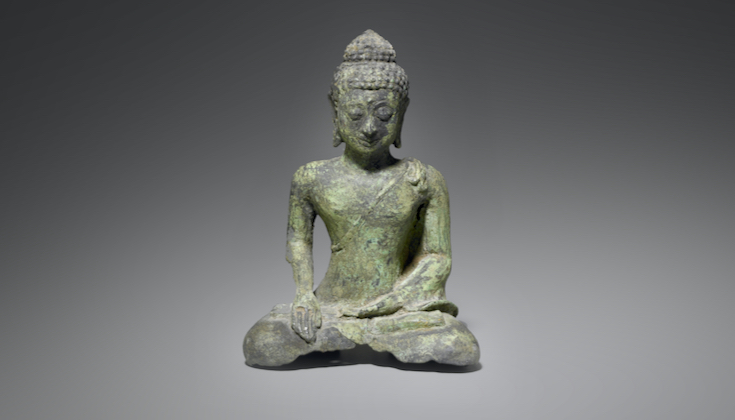To live consciously you must have the courage to go inside yourself to
find out who you really are, to understand that behind all of the masks
of individual differences you are a being of beauty, of love, of
awareness.
When Christ said, “The kingdom of heaven is within” he wasn’t just
putting you on. When Buddha said, “Each person is the Buddha” he was
saying the same
thing. Until you can allow your own beauty, your own dignity, your own
being, you cannot free another. So if I were giving people one
instruction, I would say work on yourself. Have compassion for yourself.
Allow yourself to be beautiful and all the rest will follow.
- Ram Dass -





